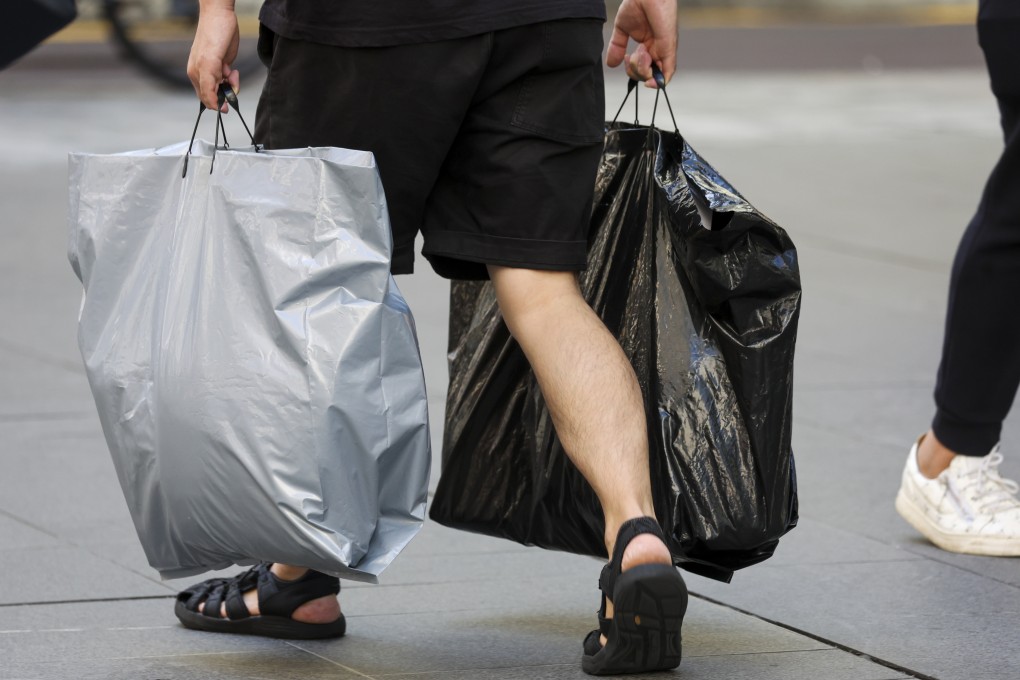Advertisement
Letters | Hong Kong must build on efforts to reduce plastic waste to create a fully circular economy
- Readers discuss the plan to increase the levy on plastic bags, whether the measure goes far enough, and the need to treat climate change denial as fake news
Reading Time:3 minutes
Why you can trust SCMP

Feel strongly about these letters, or any other aspects of the news? Share your views by emailing us your Letter to the Editor at [email protected] or filling in this Google form. Submissions should not exceed 400 words, and must include your full name and address, plus a phone number for verification.
As we approach the end of 2022, it is encouraging to see Hong Kong is making progress in tackling plastic pollution (“Hong Kong to double plastic bag levy to HK$1 by end of the year following Legco approval”, October 19). The increase in the levy on plastic bags is expected to be followed by a ban on restaurants using single-use plastic tableware and containers for in-room dining by the end of 2023.
This is the result of the collective effort of many environmentalists and businesses, as well as administrative willingness to take a progressive approach on the part of Secretary for Environment and Ecology Tse Chin-wan and his team.
Advertisement
We cannot stop here. Waste management still accounts for 8.7 per cent of local greenhouse gas emissions. We need to continue to change individual behaviour by promoting more refill solutions for personal care products and beverages.
Businesses should look into waste generated from product packaging and office demolitions. Hong Kong needs to adopt a fully circular economy to achieve carbon neutrality by 2050.
Advertisement
Cosmo Lo, North Point
Advertisement
Select Voice
Select Speed
1.00x
